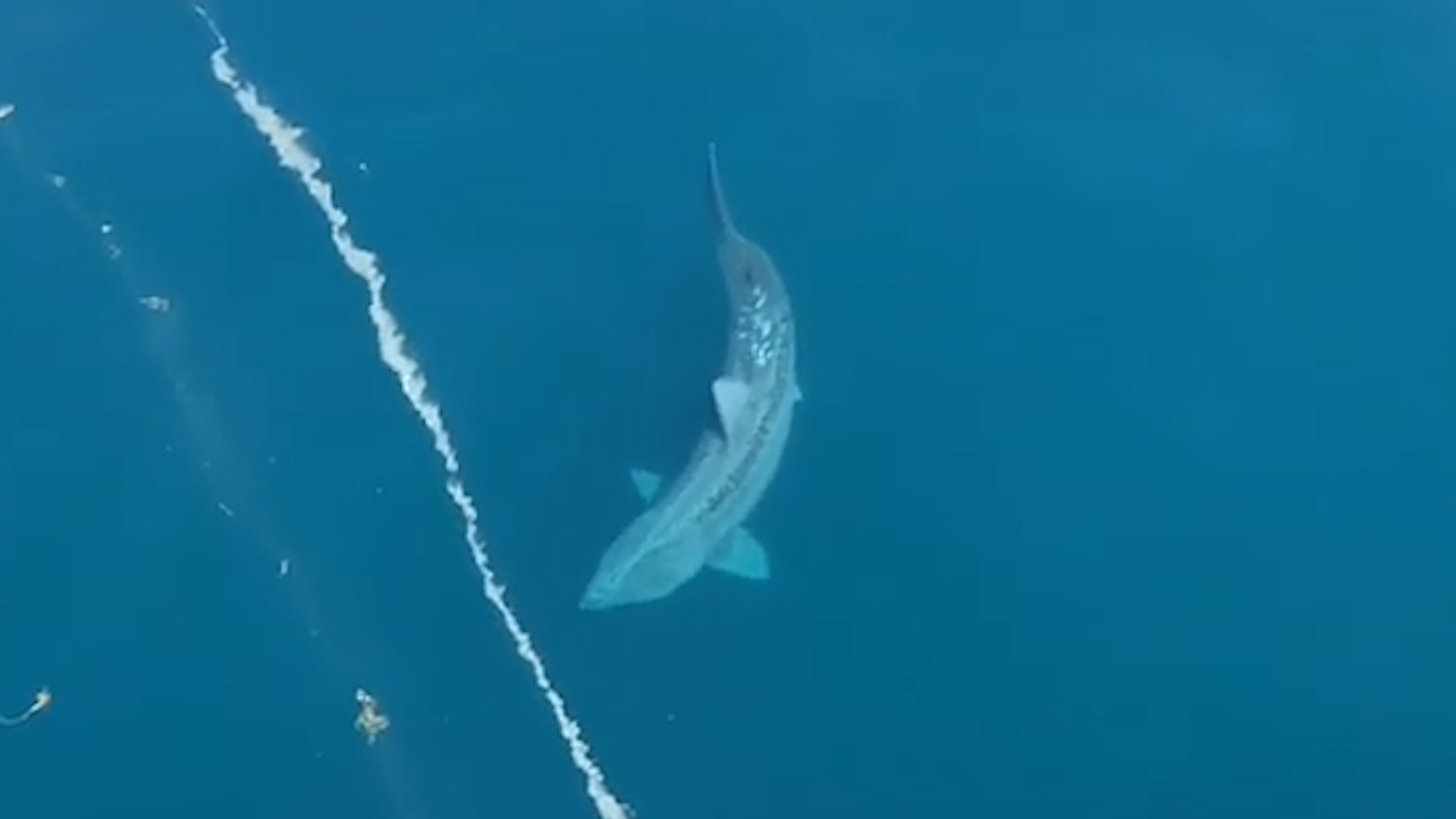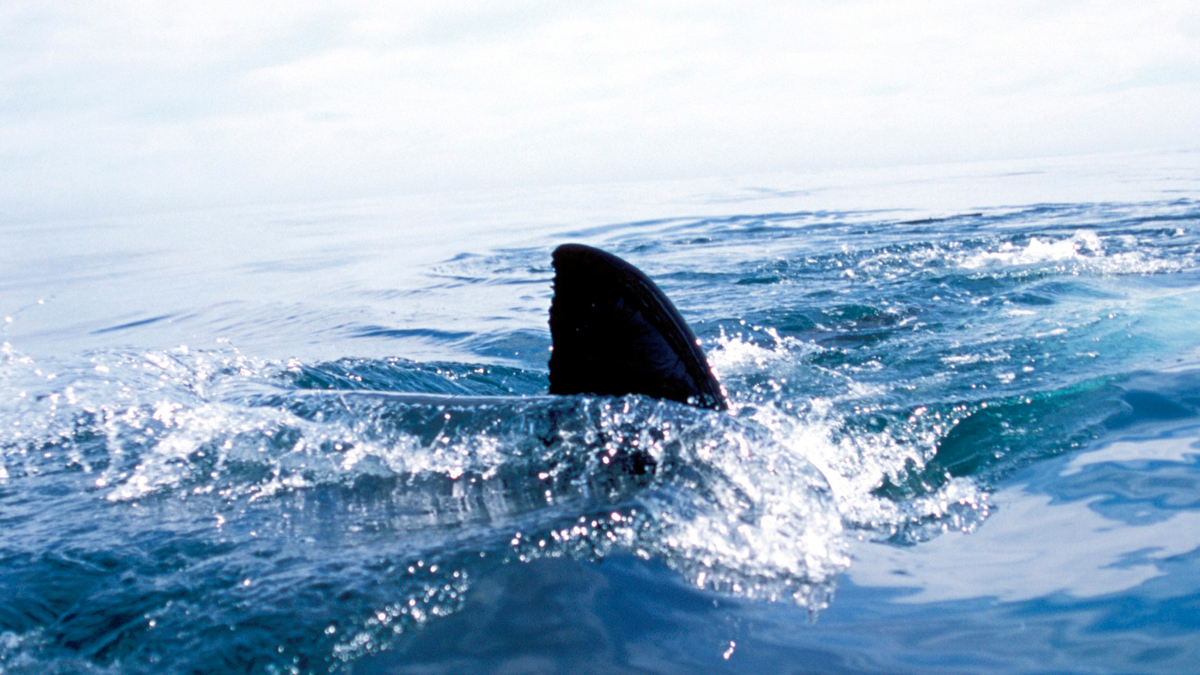Nearly a year after Maine’s first deadly shark attack, the state is adopting Massachusetts’ shark warning system in hopes of preventing another tragedy.
Maine state coastal parks will adopt a flag system used in Massachusetts to warn beachgoers of the presence of sharks.
The move comes after the state’s first documented fatal shark attack in the state last summer. A woman was killed on July 27, 2020, by a great white while swimming about 20 yards offshore in Harpswell.
WATCH ANYTIME FOR FREE
>Stream NBC10 Boston news for free, 24/7, wherever you are. |
"It’s nothing new, but it's new to us," said Gary Best, state park regional manager at Maine’s Department of Agriculture, Conservation and Forestry.
He explained that the deadly attack brought new awareness to the fact that great white sharks live in Maine's waters, although shark warning systems like the one the state is using have been around in other areas for years.
Get updates on what's happening in Boston to your inbox. Sign up for our >News Headlines newsletter.
The shark warning flag is widely used in Cape Cod, which sees more white sharks than Maine, Best said.
If the marine wildlife hazard flags are raised at Maine state park beaches, lifeguards will immediately pull people from the water. Any sighting reported to the state by boaters, staff or other witnesses who believe they see a shark could result in that that type of closure.
The flag — purple with a white shark silhouette in the middle — will also be hoisted in Harpswell when a shark is seen in nearby waters.
The flag will be visible at Mitchell Field, Mackerel Cove and Cedar Beach when there is a reported shark sighting within a quarter mile, said Arthur Howe, Harpswell’s fire administrator and emergency management agent.
"We want to engage the public without alarming them," Howe explained.
Harpswell will not remove people from the water if there is a shark warning because the town does not have a paid lifeguard staff. Instead, it will put up signs warning about the sighting at beaches, telling swimmers that if they go in the water, it is at their own risk. The town will also have a dedicated hotline to report shark sightings.
Howe said that if a shark is reported to the town the warning flags will fly during the hours following the sighting until the next morning.
Best also said that all Maine state park beaches will be equipped with “Stop the Bleed” kits that can be accessed 24 hours a day and some state park staff may be trained as FAA-certified drone pilots, who can spot sharks.
Shark sightings could become more frequent in Maine because they’re drawn to the state’s healthy seal population.
“Seals are the food source of white sharks, and if there’s a lot of food around, you’re going to undoubtedly have more sharks taking advantage of it,” said James Sulikowski, a former University of New England professor who conducts shark research in Maine and worldwide.
Recent Shark Sightings
Officials from both the state and Harpswell hope that these new measures can prevent a rare tragedy from repeating itself and said they believe their systems will have some success because they are modeled directly after ones in use on Cape Cod.
“We could let it go. We don’t think that’s the responsible thing to do,” said Howe, adding, “We’re just trying to get the message through that these sharks are probably here for our lifetimes.”



